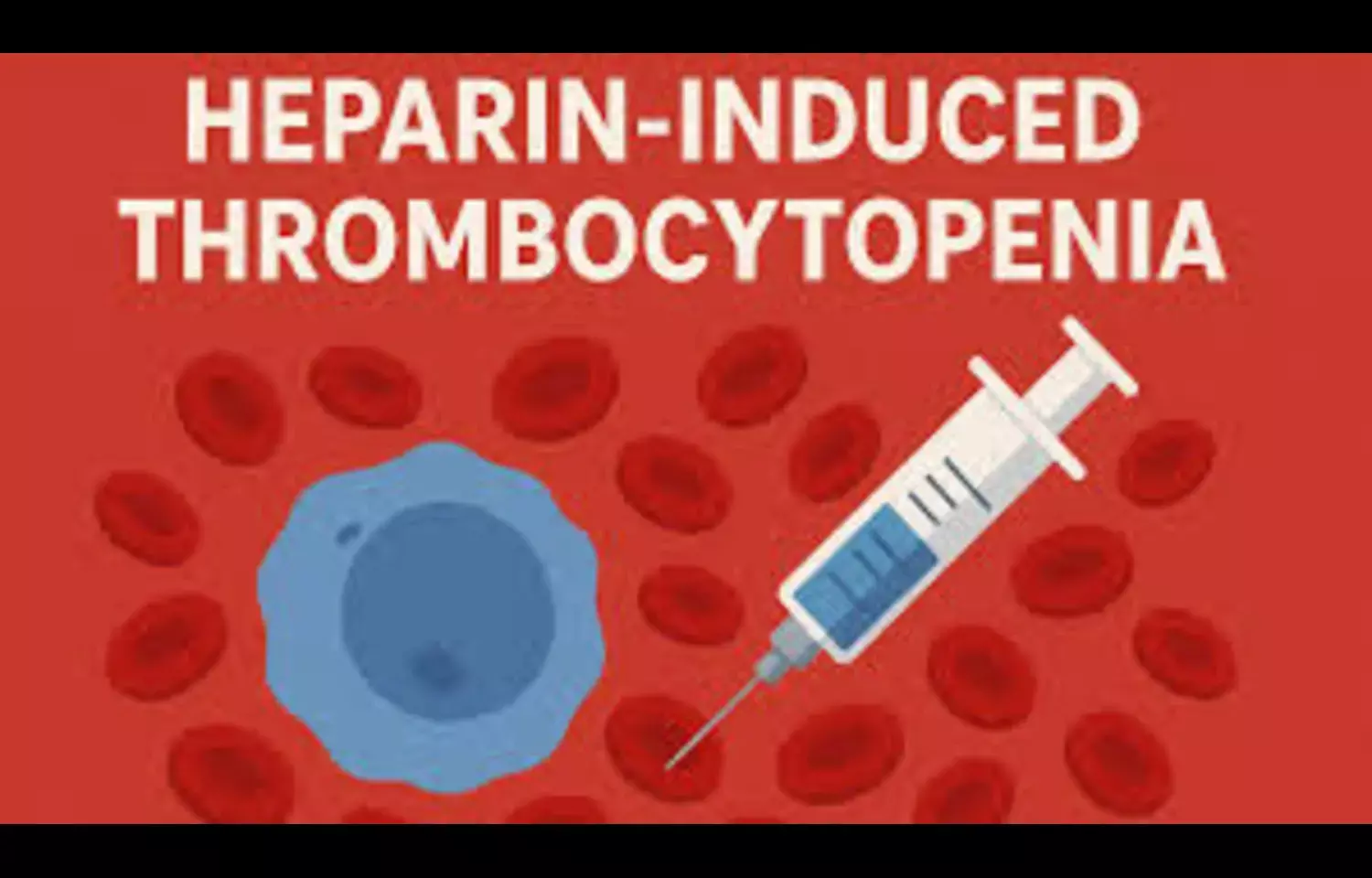- Home
- Medical news & Guidelines
- Anesthesiology
- Cardiology and CTVS
- Critical Care
- Dentistry
- Dermatology
- Diabetes and Endocrinology
- ENT
- Gastroenterology
- Medicine
- Nephrology
- Neurology
- Obstretics-Gynaecology
- Oncology
- Ophthalmology
- Orthopaedics
- Pediatrics-Neonatology
- Psychiatry
- Pulmonology
- Radiology
- Surgery
- Urology
- Laboratory Medicine
- Diet
- Nursing
- Paramedical
- Physiotherapy
- Health news
- Fact Check
- Bone Health Fact Check
- Brain Health Fact Check
- Cancer Related Fact Check
- Child Care Fact Check
- Dental and oral health fact check
- Diabetes and metabolic health fact check
- Diet and Nutrition Fact Check
- Eye and ENT Care Fact Check
- Fitness fact check
- Gut health fact check
- Heart health fact check
- Kidney health fact check
- Medical education fact check
- Men's health fact check
- Respiratory fact check
- Skin and hair care fact check
- Vaccine and Immunization fact check
- Women's health fact check
- AYUSH
- State News
- Andaman and Nicobar Islands
- Andhra Pradesh
- Arunachal Pradesh
- Assam
- Bihar
- Chandigarh
- Chattisgarh
- Dadra and Nagar Haveli
- Daman and Diu
- Delhi
- Goa
- Gujarat
- Haryana
- Himachal Pradesh
- Jammu & Kashmir
- Jharkhand
- Karnataka
- Kerala
- Ladakh
- Lakshadweep
- Madhya Pradesh
- Maharashtra
- Manipur
- Meghalaya
- Mizoram
- Nagaland
- Odisha
- Puducherry
- Punjab
- Rajasthan
- Sikkim
- Tamil Nadu
- Telangana
- Tripura
- Uttar Pradesh
- Uttrakhand
- West Bengal
- Medical Education
- Industry
Monoclonal Antibodies Drive Pathogenesis in Heparin-Induced Thrombocytopenia: NEJM

Heparin-induced thrombocytopenia (HIT) is a serious immune-mediated adverse effect of heparin therapy, characterised by thrombocytopenia and a high risk of thrombotic complications. Despite established clinical and laboratory diagnostic criteria, the precise immunopathogenesis of HIT remains incompletely understood.
The identification of specific pathogenic antibodies could provide insights into disease mechanisms and guide the development of targeted diagnostic and therapeutic strategies.
A recent observational study evaluated nine patients with confirmed HIT to determine the presence, clonality, and pathogenic potential of heparin-dependent antibodies. Using advanced immunologic assays, researchers detected monoclonal antibodies in all patients, establishing a consistent link between these antibodies and HIT pathogenesis. Functional assays confirmed that these monoclonal antibodies were capable of activating platelets in a heparin-dependent manner, directly contributing to the thrombotic phenotype observed clinically.
The study highlights that HIT may not be driven by polyclonal antibody responses, as previously thought, but rather by the action of specific monoclonal pathogenic antibodies. This discovery has multiple clinical implications. First, detection of monoclonal HIT antibodies may allow for earlier and more precise diagnosis, improving patient management and reducing the risk of thrombotic complications. Second, the identification of a monoclonal antibody target offers a potential avenue for developing targeted therapies that neutralize pathogenic antibodies without broadly suppressing immune function. Finally, these findings may inform risk stratification, helping clinicians identify patients at higher likelihood of severe HIT-related outcomes.
Overall, this research advances the understanding of HIT immunopathogenesis and provides a foundation for the next generation of diagnostic and therapeutic approaches. The findings support further exploration into monoclonal antibody-targeted strategies, which could transform the clinical management of this high-risk condition and reduce morbidity associated with heparin therapy.
Reference
Greinacher, A., Selleng, K., Warkentin, T. E., et al. (2025). Monoclonal antibodies in patients with heparin-induced thrombocytopenia. New England Journal of Medicine, 393, 1782–1793. https://doi.org/10.1056/NEJMoa2507175
Dr. Shravani Dali has completed her BDS from Pravara institute of medical sciences, loni. Following which she extensively worked in the healthcare sector for 2+ years. She has been actively involved in writing blogs in field of health and wellness. Currently she is pursuing her Masters of public health-health administration from Tata institute of social sciences. She can be contacted at editorial@medicaldialogues.in.
Dr Kamal Kant Kohli-MBBS, DTCD- a chest specialist with more than 30 years of practice and a flair for writing clinical articles, Dr Kamal Kant Kohli joined Medical Dialogues as a Chief Editor of Medical News. Besides writing articles, as an editor, he proofreads and verifies all the medical content published on Medical Dialogues including those coming from journals, studies,medical conferences,guidelines etc. Email: drkohli@medicaldialogues.in. Contact no. 011-43720751


